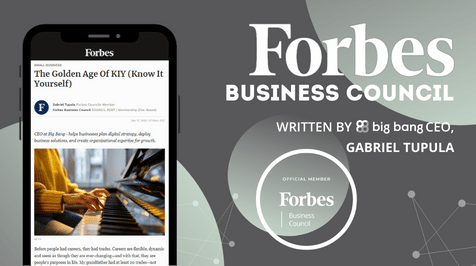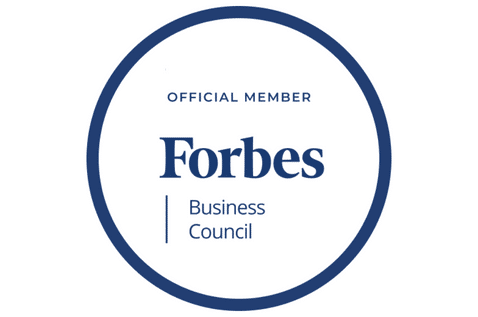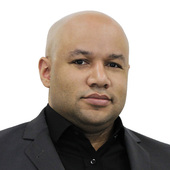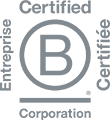Before people had careers, they had trades. Careers are flexible, dynamic, and seem as though they are ever-changing—and with that, they are people’s purposes in life. My grandfather had at least 20 trades—not hobbies, but skills for which people respected and paid him. He was known for these trades, and they gave him purpose. He was happy to take on new challenges, but never turned his nose at the opportunity to leverage his trades to help enrich his community. It wasn’t about his “career,” it was about supporting the community.
Making maple syrup, hunting for high-quality meat, digging wells, landscaping yards, and farming were among his trades. The irony is all these trades have become my hobbies. I am not paid; in fact, I overinvest because I am short on time and am learning the hard way without a mentor. I work to “play” at the work that used to be my grandfather’s.
We are in the golden age of the versatile and street-wise autodidact (self-made learner). We are one Google search away from having the answer, but we’re often far away from practically being able to do it ourselves. Things have changed, but not necessarily for the better.
How Does This Apply to Today?
Individuals today expect to understand the full picture, even before they buy something. My first computer was gifted to me before I could really speak English. I had MS-DOS DIR and CD, no internet (or Google), no community expertise to call on, and only sheer will to learn. It was the beginning of a long, hard journey leading me to where I am today, working with the most robust software and elegant enterprise architectures. I happen to be an engineer, but the lessons I learned along the way were far more valuable to me, my business, and the customers with whom we work. In fact, I’ll admit I did not care for school, enjoy forced learning or respect the process.
I believe we have an overemphasis on scholarly learning in the classroom. We need to put value on exploring curiosity, learning lessons the hard way, and enjoying the fruits of “sweatquity” (the equity of hard work). The cost of making my maple syrup might be higher than the $10 bottle in the store, but the value is also so much more than the sum of its parts.
If you are curious, I recommend checking out YouTube videos on learning to play piano (I’m on my second attempt). I stumbled upon a video some weeks ago and finally felt in sync with the generation of learning by doing. Although I might only have shreds of free time, watching a video forces me to “play” the piano, not just to “learn” how and then play the piano later. In just a few days, I was back to playing the piano. As leaders, we need to put a value on experience and adapting education to enable individuals to learn by doing, not just on theoretical learning that is unlikely to be put into practice.

How Does This Apply to Your Business?
Have you ever had a client who asked so many questions and expected full transparency before working with you? I am not referring to standard information or testing to ensure a purchase is a good decision. Rather, I mean they asked for a detailed project plan adapted to their organization that essentially asks you to spend more time preparing the “plan” than it would have taken to do the actual job itself. Yes, there is value in measuring twice and cutting once—but the custom suitmaker won’t make the suit before the customer agrees they 1) want one and 2) are willing to pay for it.
Instead of overinvesting in plans, can we and other business operators try, test, fail (if required), adapt, and validate? Can we start putting value on a mini MBA refresher course over a full Ph.D.? One of my close friends even said “too many MBAs (in the 90s) in the job market ruined corporate America.” Can we write the business plan as we create the business instead of adapting it and over-adapting it to market changes without ever actually starting the business?
The focus of your energy should be on integration. Let’s get back to business and focus on creating processes that can be streamlined while providing a learning-by-doing culture for those who work with us. I believe in learning through osmosis to help your team members learn and grow. We are in a world where everything exists, so you will have to get your hands dirty to uncover what works for you and your team—and what doesn’t.












